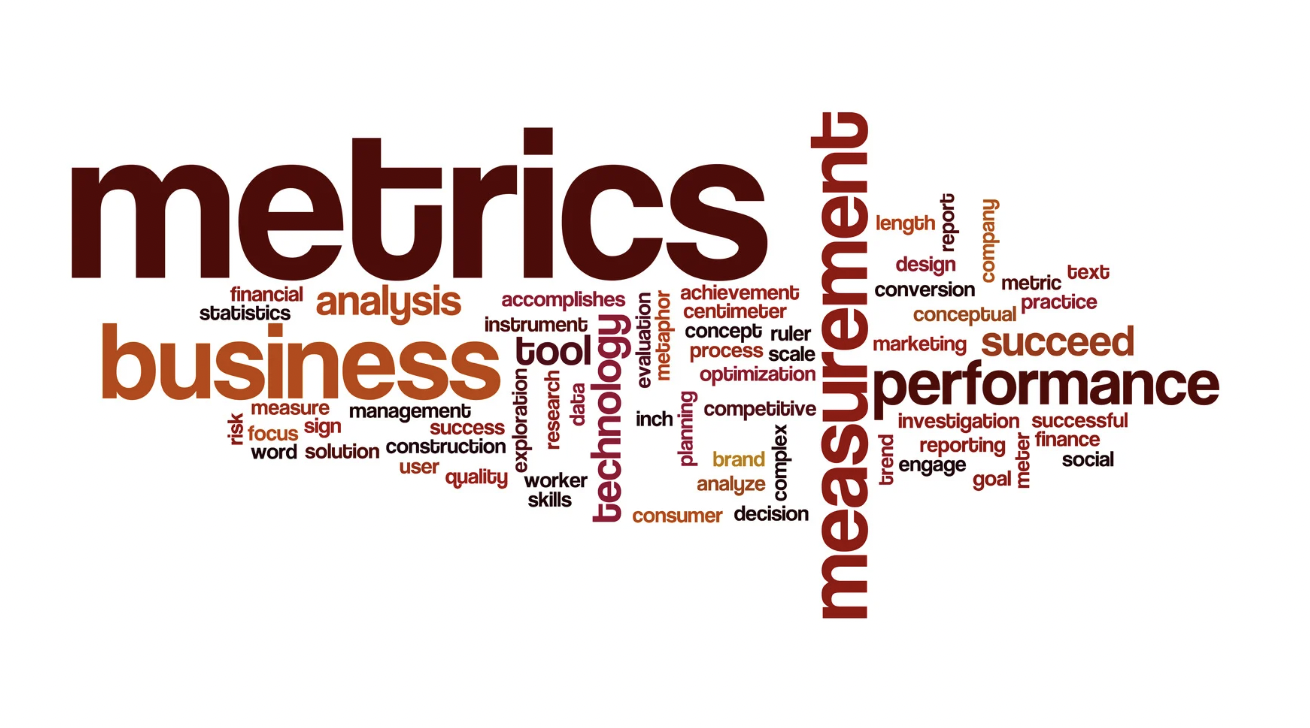Firm vs. Independent Contractor: Navigating the Fundraising Consultant Decision
You’re about to embark on a fundraising campaign. You’ve decided seeking external help is the right move. As you start exploring your options, you quickly realize there are two primary paths to take, and you find yourself at an early crossroads. Should you…
- Hire an independent consultant, or
- Engage a consulting firm
Each option offers unique benefits and challenges. Deciding between the two can feel overwhelming.
At Mission Advancement, we’ve partnered with hundreds of organizations for nearly two decades. And, our consultants have been in your shoes. We’ve made similar decisions in our previous lives working in nonprofits like yours. From experience, we know the right choice can significantly impact your fundraising success. We’ve really seen it all and want to make sure you have what you need to make the best choice for your organization.
This article…
- Explores the pros and cons of each option
- Provides guiding questions to help you determine the best fit for you and the mission you serve
- Offer A real-life example of when each choice makes sense
By the end, you’ll have a clearer understanding of which path is right for your organization’s needs.
What’s right for us? Independent fundraising consultant or a consulting firm?
Aligning your choice of an independent consultant or a consulting firm with the needs of your organization is at the heart of your decision. When aligned, the partner you choose can provide significant value to your organization and its fundraising.
There are circumstances and situations where a consulting firm is a better fit, and others where an independent consultant makes more sense. To help you determine which path is best for your needs, let’s look at the pros and cons of each.

Pros and Cons of working with an independent fundraising consultant
The pros…
- Cost effective: Independent contractors often present a more budget-friendly option compared to consulting firms. They have lower overhead which allows them to offer lower pricing. They can be an attractive choice if you have limited financial resources.
If keeping costs down is a primary concern, an independent contractor may better align with your budget constraints.
- Highly Personalized Service: When you hire an independent consultant, you’re working directly with the person who will handle every aspect of your project. This can provide an opportunity for a highly tailored approach to your organization’s needs.
The personal investment of an independent contractor can lead to a strong, customized partnership.
- Flexibility in approach and delivery: Independent consultants can be more adaptable in their execution. Consulting firms tend to have a defined process for delivering their services.
This kind of flexibility can be helpful if your project requires a highly customized solution, or your organization requires maximum flexibility.
The cons…
- Limited Bandwidth and Availability: Independent consultants sell one person’s time and attention. And, while one person’s time may be adequate for your specific needs, you are vulnerable to your consultant’s life circumstances. If your consultant takes time off or faces unexpected events, your project may experience delays.
With one person handling everything, there is no backup if something goes wrong. You must be prepared to work within and around your consultant’s individual bandwidth.
- Narrow Expertise: Independent consultants tend to have concentrated or specialized experience in a specific area. When you engage with an independent consultant you are limited to that individual’s knowledge and experience.
If your project requires a broader range of skills or expertise in multiple areas, you might find yourself seeking additional resources. This can complicate the process and drive-up costs.
- Lack of a Proven Methodology: The flexibility afforded from an independent contractor operating without a standardized process can lead to inconsistencies in project execution.
If your organization values a structured, repeatable approach, this potential lack of a proven methodology could be a drawback.
The Pros and Cons of Hiring a Fundraising Consulting Firm
The pros…
- Team-based support and reliability: Consulting firms offer the strength of a team, which affords you several points of contact who know you and your project. A team ensures your project continues smoothly even if one consultant becomes unavailable.
This team-based approach provides more robust and reliable support, with built-in backup to handle any situation and any planned or unexpected absence.
- Collective Wisdom and Broader Expertise: When you work with a firm, you’re not just tapping into one person’s knowledge. You’re accessing the collective wisdom of an entire team. You should expect a firm to bring deep, broad experience, supervision and quality control.
Engaging a firm can provide your team valuable access to comprehensive development expertise. Think board governance, special events, annual funds and major gifts, as well as mission-specific experience across various sectors and budgets sizes.
This diversity of expertise allows consulting firms to provide deep insight and tackle complex projects.
- Pro: Proven Methodology and Consistency: Consulting firms typically operate within a structured framework that has been refined through years of experience. This proven approach or methodology ensures consistency in project execution and quality control. It provides a clear roadmap for success.
Similar to buying other services like IT, marketing, or accounting, when buying fundraising services, you should expect a firm to bring a roadmap that can meet your needs and be implemented within your culture.
Whether you’re launching a major fundraising campaign or implementing a long-term strategy, a firm’s established processes can lead to reliable and replicable results.
The cons…
- Higher Cost: The comprehensive services and expertise of a consulting firm come with a higher price tag. While you’re paying for broader expertise and consistent support, the investment required may extend beyond what some organizations can afford, especially for smaller projects.
2. Potential for Less Personalized Service: While firms offer a wealth of expertise, the nature of team-based support can sometimes feel less personalized.
Depending on the firm, you may not work directly with the same person throughout the entire project, which could potentially effect communication and personal connection.
Many firms however, including Mission Advancement, execute their service engagements with a team approach, led by a lead consultant. The lead consultant is the primary point of contact for the client and offers consistency in communication and the opportunity to build a strong working relationship.
3. Less Flexibility: Firms operate within established methodologies. While effective, this can sometimes feel rigid or less flexible than a completely customized solution.
If your project requires significant adaptability or a wholly unique approach, a firm’s structured processes may feel limiting.
It’s important to understand the firm’s value propositions and whether their approach is a good fit for your needs.
Guiding Questions: How to Determine the Right Fit
The questions below can help guide your decision process.
1. What is the complexity of your project?
If your project involves multiple facets and requires comprehensive fundraising expertise, you might find a consulting firm’s collective wisdom invaluable. For more straightforward projects or situations calling for a one-time solution, an independent contractor may suffice.
2. How important is consistent, ongoing support?
If you need continuous availability and a guarantee your project won’t be interrupted by personal issues or time off, a consulting firm’s team approach offers more reliability.
3. What is your budget?
If cost is a major concern, an independent contractor might be more aligned with your financial constraints. However, consider whether the additional resources, expertise and results from a firm could justify the higher investment.
4. Do you need a proven, structured process?
If a highly custom, one-time solution is needed, then an independent consultant may be the better option. If you’re working on a big fundraising initiative where a “tried, true and tested” approach and/or long-term culture shift is needed, leaning on a firm to teach and train those proven processes may be the best investment for growth and sustainability.
In the real world: When Each Option Makes Sense
- If an organization’s capital need is relatively small, say under $1 million, and a consulting firm’s fees easily surpass 10% of the overall need, an independent consultant may make sense as a more cost effective alternative. While most firms, including Mission Advancement, could propose very high-level counsel to reduce overall costs, an independent consultant is often a better fit for projects of this scope or size.
- A Mission Advancement client worked with an individual consultant prior to engaging us in their fundraising efforts. During their work together, the individual consultant’s writing style and tone was increasingly misaligned with the organization’s culture and voice. As a result, the working relationship was unproductive and the experience frustrating.
Eventually, the organization sought new fundraising counsel. Through our team approach, Mission Advancement was able to bring a variety of skills and ensure the organization’s voice and culture was represented in all communications and collaborative work.
In the two years of working together, we have developed a new case for support and approach to their annual fund. Additionally, we have developed a campaign case for support, collateral and video, and the client is on track to raise $30 million in capital funding.
Hiring the best fundraising partner for your needs
Choosing between an independent contractor and a consulting firm is a pivotal decision. It can shape the success of your fundraising efforts.
Independent contractors offer cost-effective, personalized service, but come with limitations in bandwidth and expertise.
Consulting firms provide a team-based approach, broad expertise, and a proven methodology, but require a higher investment and may offer less customization.
After exploring the pros and cons of each option, you should have a clearer understanding of which path aligns with your organization’s needs. Consider the complexity of your project, your budget, and the level of support you require as you make your decision.
At Mission Advancement, we’re committed to helping you navigate these important choices. Our experience, combined with a team-based, proven approach, ensures your organization receives the guidance and support it needs to achieve fundraising success.
If you’re still unsure which option is right for you, our team is here to help. Contact us for a consultation today, we can help you determine if our team and services might be a good fit to meet your needs and get you on a path to reaching your fundraising goals.



